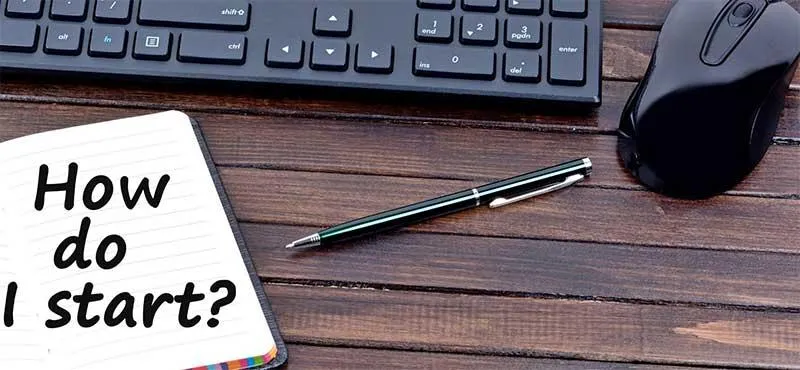Getting Started with a Second Language
Getting Started with a Second Language
The prospect of learning a second language can be daunting, even for the most scholarly mind. After all, it involves internalizing a sprawling new vocabulary, and also mastering an entire system of rules and exceptions.
And to be clear: Learning a new language does take some time and it does take some effort! With that said, there are some tips and tricks that can help put you in the right state of mind as you begin to tackle a new tongue.
How to Get Started with a New Language
- There’s no substitute for conversation. While there’s no “shortcut” to learning a second language, here’s something that comes pretty close… if you really want to deepen your skills and your confidence, spend as much time you can in conversation with someone who’s fluent in the language. Will it be awkward? Yes. Will it be helpful? Definitely.
- Intensity is key. Studying an hour a day for two months is okay but studying four hours a day for two weeks is better. Immersing yourself in the language through these rigorous, intense sessions is the best way to give your brain the conditioning it needs.
- Start with the main vocabulary words. It’s so easy to be overwhelmed by the sheer volume of vocabulary words that you need to learn. So why not start with something manageable? Get a list of the 100 most commonly used words in the language, and master them before you move on.
- Carry a dictionary. Pocket dictionaries can make a world of difference; have one with you at all times, and if you come to a word you don’t know, look it up. The physical act of opening and browsing a pocket dictionary can be way more meaningful than using an app, though apps are okay in a pinch.
- Don’t let pride get in your way. The simple reality of learning a new language is that you’re going to mess up and you’re going to say silly or nonsensical things. Don’t let the fear of embarrassment get in your way. You’ve got to put yourself out there and try things if you want to learn anything new.
- Feed your brain. Remember that there are any number of ways in which you can nourish your brain and enhance your mental clarity; eating right, getting some physical activity, and sleeping eight hours a night will all help you stay sharp, and thus increase your capacity to absorb new information.
- Immerse yourself in the language. You can’t necessarily study or practice all day, but you can spend some time listening to podcasts or audiobooks in the language you’re trying to learn; it can be a good way to latch onto some basic conversational patterns.
These are just a few of the ways in which you can find your way into a new language, one day and one word at a time! To learn more about mastering a new language, reach out to the instruction team at Alzea India.







